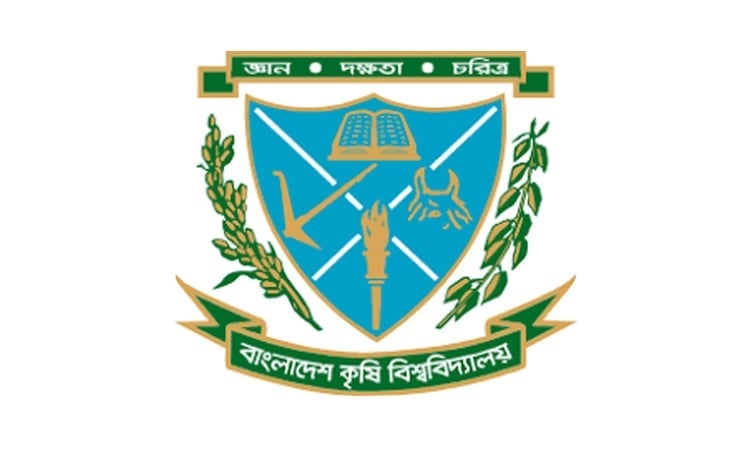News Flash
News Flash

MYMENSINGH, Nov 8, 2025 (BSS) - In a major scientific breakthrough, researchers at Bangladesh Agricultural University (BAU) have developed the country's first-ever duck plague vaccine, paving the way for better protection of Bangladesh's duck population from deadly viral diseases.
Duck farmers across the country may soon find relief from devastating losses caused by duck plague, as a team of researchers from BAU has successfully developed two new vaccines - an inactivated and a live attenuated duck plague vaccine.
The research, conducted under the project "Development of Low Cost Inactivated and Live Attenuated Duck Plague Vaccine Using Local Duck Plague Virus" of the Livestock and Dairy Development Project, aims to provide an effective and affordable solution to one of the most fatal diseases affecting the country's duck population.
The research team was led by Professor Dr. Md. Bahanur Rahman, Dean of the Faculty of Veterinary Medicine at BAU. Team members included PhD fellow Dr. Laila Yasmin and Professor Dr. Md. Ferdous Ur Rahman Khan of the Department of Microbiology and Hygiene, who served as Co-Principal Investigator (Co-PI).
Professor Rahman confirmed that both vaccines have already undergone successful testing. "This is great news for the duck farmers of Bangladesh," he said.
"The newly developed vaccines will help prevent massive losses and bring smiles to the faces of duck farmers."
On Wednesday last, the seed of the live attenuated vaccine was officially handed over to the Department of Livestock Services (DLS) for field-level distribution. The inactivated vaccine will continue to undergo further research and refinement at BAU laboratories.
The vaccine development project began on March 7, 2023, and was initially scheduled to continue until March 6, 2026, although an extension has been requested.
Professor Rahman explained that despite the use of conventional duck cholera and fowl pox vaccines, farmers were still experiencing mortality rates between 30-40 percent, sometimes reaching 100 percent. This alarming situation underscored the urgent need for a new and effective duck plague vaccine.
Duck plague, a DNA virus infection, spreads mainly through contaminated water and direct contact, primarily attacking the liver of ducks.
"While working in the haor regions, I witnessed firsthand the horrors of duck cholera and duck plague," said Professor Rahman. "Marginal farmers would repeatedly ask for vaccines, and we would see ducks dying right before our eyes. That inspired us to work on this innovation."
He added, "Earlier, we focused only on food security, but now we are also thinking about biosecurity. The contribution of BAU to the country's agricultural and food security is undeniable, and this research is another step in that direction."
Explaining the research process, Professor Rahman noted that dead ducks were collected from various regions across the country. Laboratory analysis revealed that most deaths were caused by duck plague. The virus was then isolated and propagated in duck egg embryos, from which the inactivated vaccine was developed.
In experimental trials, the inactivated vaccine provided 88 percent protection, while 93 percent of unvaccinated ducks died during challenge tests.
According to the research team, the inactivated vaccine offers short-term protection, while the live attenuated version ensures long-term immunity - making it more sustainable for large-scale poultry farming.
With this breakthrough, BAU once again demonstrates its pivotal role in advancing agricultural and veterinary innovation in Bangladesh, offering hope and stability to thousands of duck farmers who depend on this vital sector for their livelihoods.